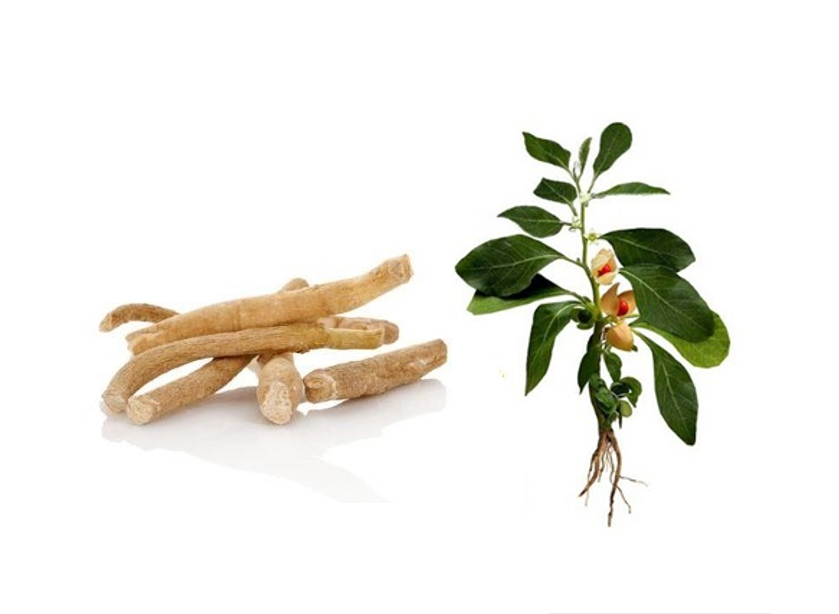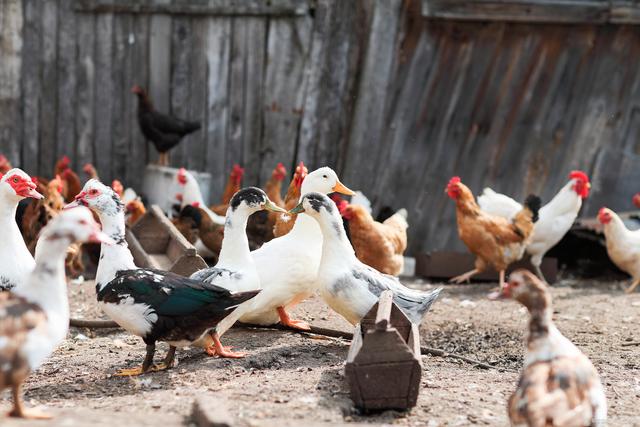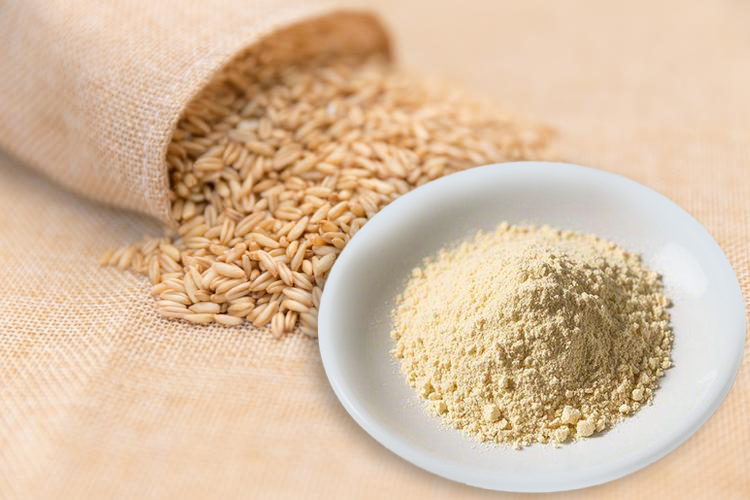Follow Us:
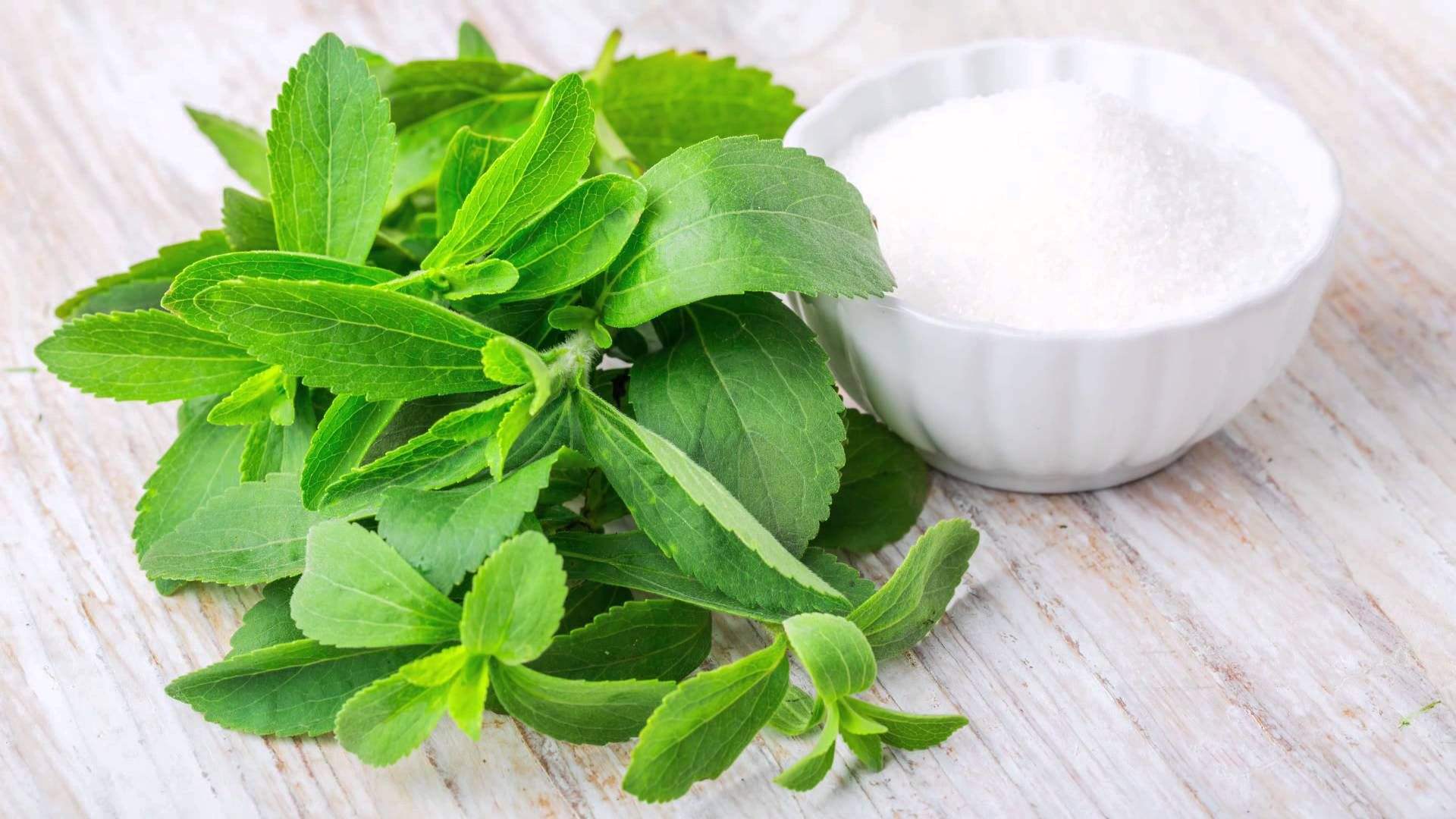
Can Dogs Eat Stevia? Find Out Here
Nowadays, many pet food manufacturers have begun to use stevia as a sweetener. You may find that some natural or low-calorie dog treats and pet foods contain stevia. So, can dogs eat stevia? What is stevia? In this blog, we will answer everything you want to know in detail.
What is Stevia?
Stevia is primarily sourced from the leaves of the Stevia rebaudiana plant, a herb native to South America. The leaves of this plant contain the sweet compounds, which are extracted and purified to create stevia products like powders, liquid drops, and granules. Stevia is a natural, plant-derived sweetener that is becoming increasingly popular as a sugar substitute. Unlike traditional sugar, stevia contains very few calories and doesn’t cause spikes in blood sugar levels. The European Union approved Stevia rebaudiana additives in 2011.
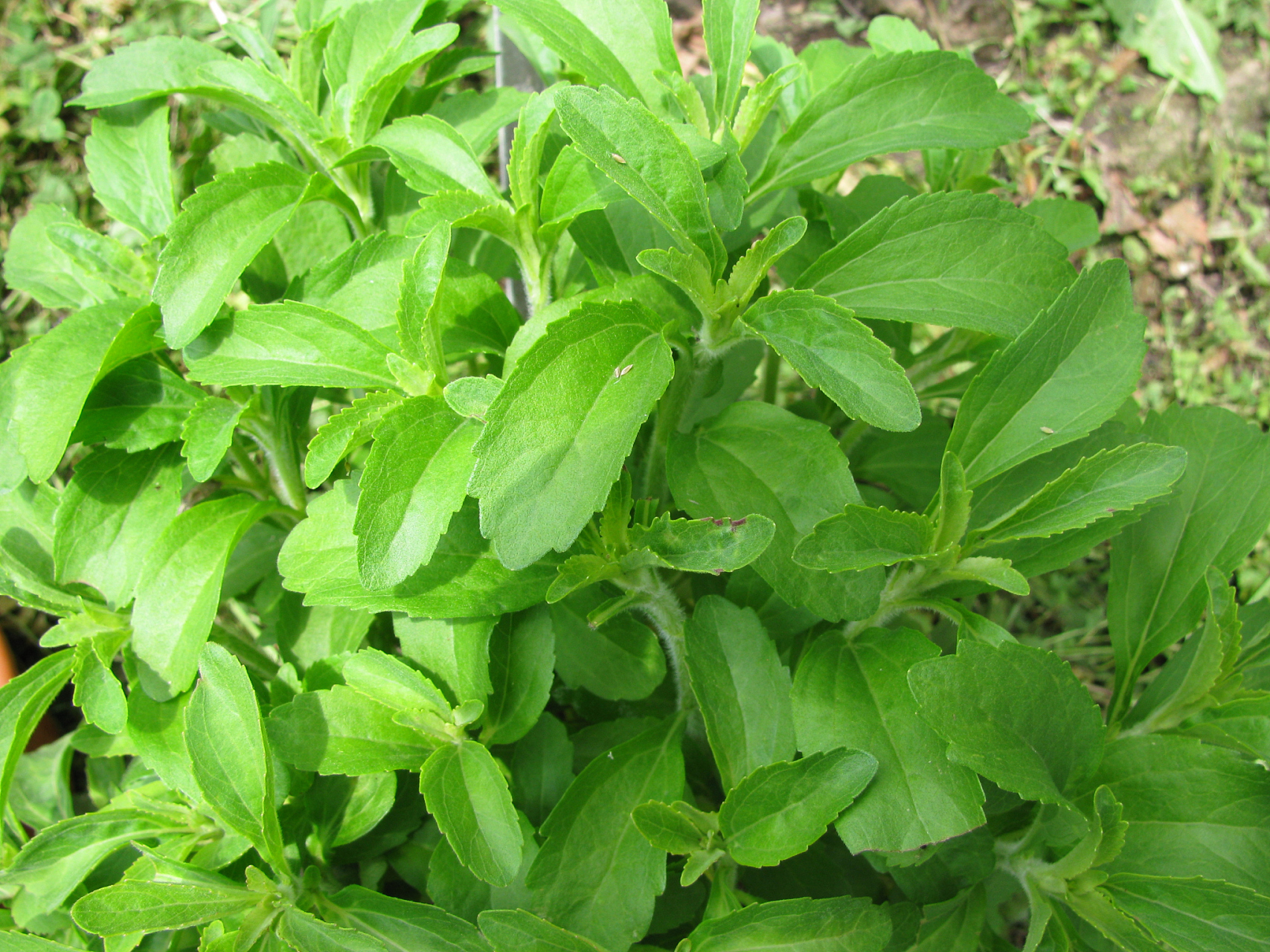
Main Sources of Stevia
The main source of stevia is the Stevia rebaudiana plant, a shrub native to South America, particularly Paraguay and Brazil. The sweet compounds are found in the plant’s leaves. Stevia can be processed into various forms:
- Powdered Stevia: The dried leaves are ground into a fine powder, which can be used in food and beverages.
- Liquid Stevia Extract: The leaves are steeped in water or alcohol to extract the sweet compounds, which are then concentrated into a liquid form.
- Stevia Leaf Extract: This is a more refined version of estévia that contains higher concentrations of steviol glycosides, typically rebaudioside A, which has a cleaner taste and is less bitter than stevioside.
Can Dogs Eat Stevia?
Yes—dogs can eat stevia in moderation. However, there are several things to keep in mind:
- Avoid Products with Additives: Some cây cỏ ngọt products are mixed with other sweeteners or additives (like xylitol or erythritol), which are harmful to dogs. It’s crucial to choose pure stevia without any additional harmful ingredients.
- Consult Your Vet: Before introducing stevia into your dog’s diet, it’s always a good idea to consult your veterinarian, especially if your dog has underlying health conditions such as diabetes or digestive issues.
- Moderation is Key: While stevia is safe in small amounts, too much of anything can cause gastrointestinal upset in dogs. You should always feed stevia sparingly and monitor your dog for any adverse reactions.
Advantages of Stevia over Traditional Sugar
Stevia is known for its unique properties that distinguish it from traditional sugars and artificial sweeteners:
- Sweetness: Sugarleaf is incredibly sweet, much sweeter than sugar. The primary sweetness comes from steviol glycosides.
- No Calories: Stevia has no calories, making it an ideal option for those looking to reduce caloric intake, including for pets.
- Heat Stability: Stevia is heat-stable, which means it can withstand high temperatures during cooking and baking, making it suitable for use in various pet foods and treats.
- Non-Glycemic: Rebiana does not raise blood sugar levels, making it safe for pets with conditions like diabetes. It has a glycemic index of 0, unlike traditional sugar.
- Natural: Since stevia is plant-based, it’s considered a natural sweetener, unlike synthetic sweeteners that may contain harmful chemicals.
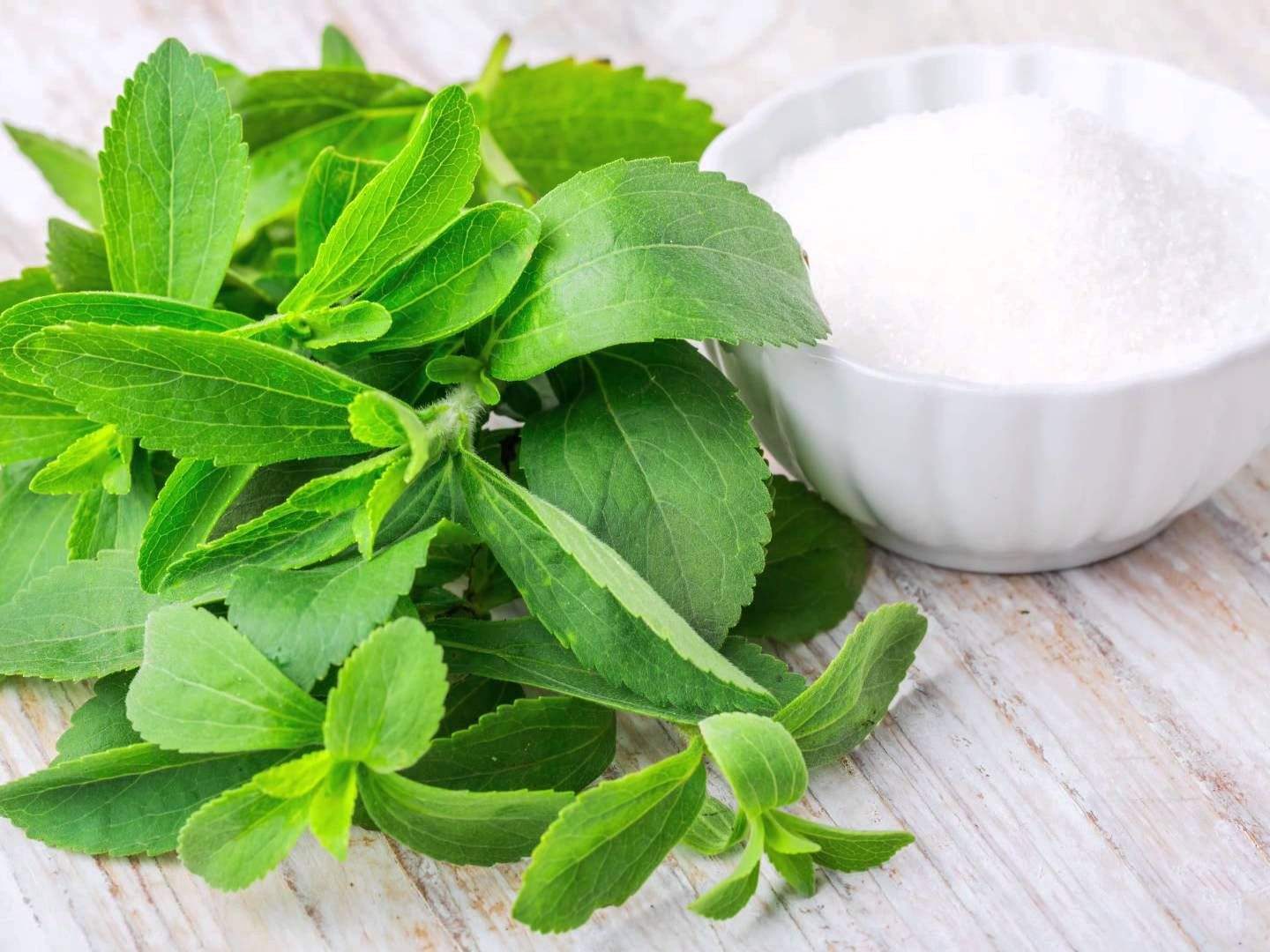
Which Pet Foods Contain Stevia?
You may find stevia in some natural or low-calorie dog treats and pet foods that advertise being low in sugar or suitable for dogs with diabetes or weight management needs.
For example:
- Diabetic-Friendly Dog Treats: Some dog treats specifically designed for diabetic pets may contain stevia as a sweetener to avoid blood sugar spikes.
- Weight Management Dog Foods: Honeyleaf can be included in dog foods formulated for weight control, where sugar reduction is important to prevent excess calorie intake.
- Natural Pet Foods: Some brands of natural or organic dog food may use stevia rebaudiana to enhance flavor without adding sugar or artificial ingredients.
Do I Need to Give My Dog Extra Stevia?
In general, you do not need to give your dog extra stevia. Most commercially available dog foods and treats are already formulated with the appropriate nutrients and ingredients to meet your pet’s needs. Adding stevia extract to your dog’s food on your own isn’t necessary and could lead to excessive consumption.
If you’re looking to make homemade treats for your dog, a small amount of Sweetleaf can be used to sweeten the recipe.

How to Judge the Quality of Stevia?
When choosing stevia for your dog’s food or treats, it’s important to select a high-quality product. Here’s how to judge stevia by its appearance and smell:
- Appearance:
- Pure Stevia Powder: The powder should be white to off-white and finely ground. It should be free from clumps, dark spots, or any foreign particles, which could indicate poor processing or contamination.
- Liquid Stevia: Liquid stevia should be clear to slightly amber, with no sediment or cloudiness.
- Smell:
- High-quality stevia has a mild, sweet herbal scent, often described as fresh or slightly grassy. It should not have a strong, chemical odor.
- If the stevia smells pungent, bitter, or artificial, it could be a sign of poor-quality or processed stevia.
- Taste:
- While it’s not recommended to taste stevia meant for pets, keep in mind that pure stevia can have a slightly bitter aftertaste. If you’re buying stevia for human use, the flavor should be clean and naturally sweet, without any overpowering chemical notes.
- Certification:
- Look for organic or non-GMO certification when purchasing stevia for pet food formulations. These labels indicate that the product was grown without harmful pesticides or genetically modified organisms.
Where to Buy Stevia?
GREEN AGRI is a pet food ingredients manufacturer with 20 years of experience. We specialize in producing high-quality pet food ingredients for sale. Just send an email to info@greenagribio.com to get bulk stevia powder.
Conclusion
Stevia is a natural, low-calorie sweetener that is safe for dogs. The dosage of stevia in pet food is controlled within a reasonable range, which can make pet food more delicious, taste better, and make snacks more popular with dogs.
As a pet food ingredient manufacturer, we are proud to provide a variety of natural and healthy food ingredients for pets. If you need to wholesale stevia or other pet food ingredients, please feel free to contact us.
FAQs
Q: Is stevia harmful to dogs? A: Pure stevia is generally safe for dogs in moderation. It’s important to avoid stevia products with harmful additives, such as xylitol, which is toxic to dogs.
Q: Can I use stevia in homemade dog treats? A: Yes, you can use small amounts of pure stevia to sweeten homemade dog treats, but always use it sparingly.
Q: Are there pet foods with stevia? A: Yes, some pet food brands include stevia in their products, especially in treats designed for weight management or diabetic dogs.
Q: How much stevia can I give my dog? A: It’s best to offer stevia in very small amounts. A pinch or two in homemade treats is usually sufficient. Always observe your dog for any signs of digestive discomfort.
Reference:
https://www.dogster.com/dog-nutrition/can-dogs-have-stevia
https://en.wikipedia.org/wiki/stevia?variant=zh-cn













